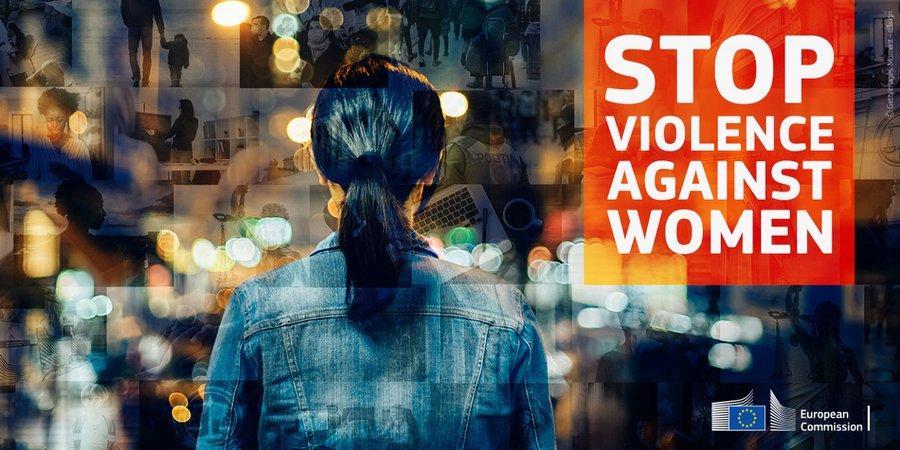
The proposed Directive will criminalise rape based on lack of consent, female genital mutilation and cyber violence, which includes: non-consensual sharing of intimate images; cyber stalking; cyber harassment; and cyber incitement to violence or hatred.
The new rules also strengthen victims’ access to justice and encourage Member States to implement a one-stop shop mechanism, meaning that all support and protection services would be located in the same place. The victims should be able to claim compensation in the course of criminal proceedings.
The proposal also calls for adequate and specialised protection and support, for instance, through free of charge helplines and rape crisis centres. It also provides for targeted support for groups with specific needs or at risk, including women fleeing armed conflict.
Vice-President for Values and Transparency, Vera Jourová said:
“Too many women and girls suffer from rape, harassment or abuse. There is no place for this in modern Europe. Unfortunately, the situation is not getting better fast enough and violence is soaring online. Today, we are proposing for the first time EU wide law to combat violence against women. This will offer real tools for victims. The perpetrators must face consequences of their actions.”
For more information
Proposal for a Directive on Combating Violence against Women and Domestic Violence
Factsheet on Championing Gender Equality
2022 Report on Gender Equality in the EU
Details
- Publication date
- 8 March 2022
- Author
- Representation in Ireland
